Home>Garden Essentials>What Is The Best Time To Start Lawn Care
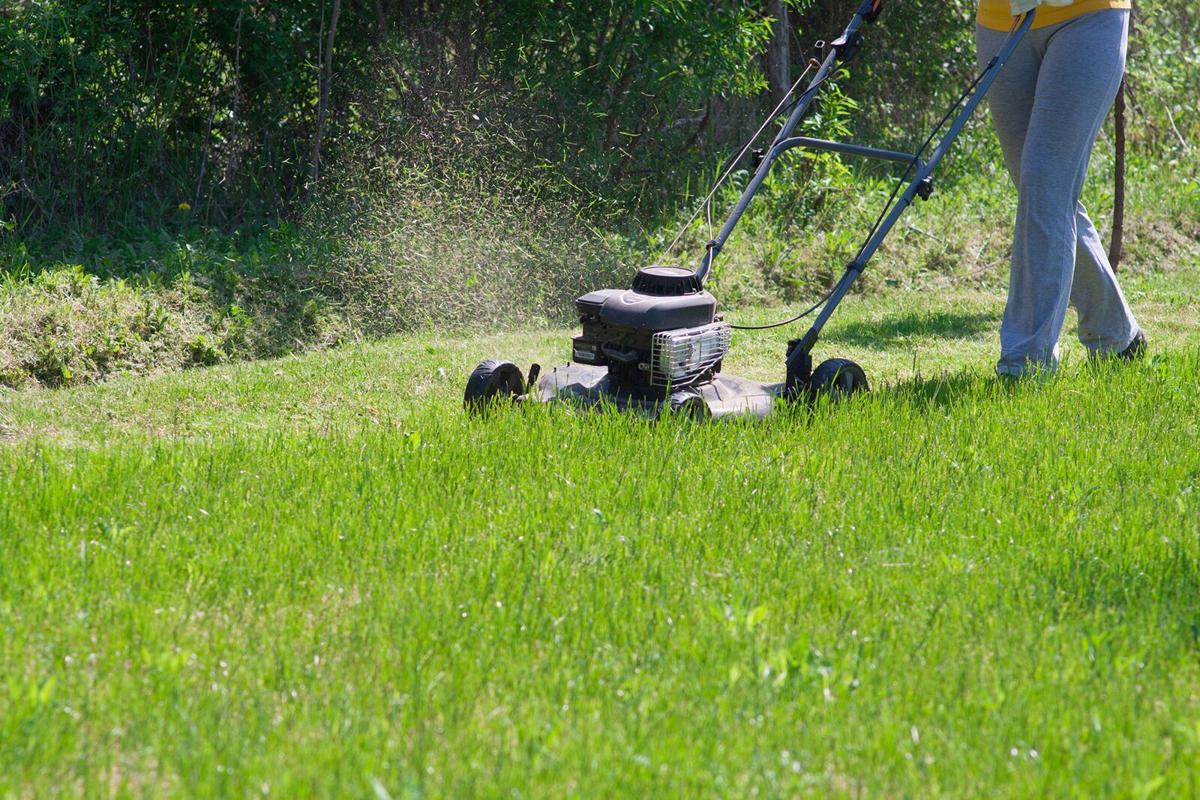

Garden Essentials
What Is The Best Time To Start Lawn Care
Modified: March 7, 2024
Need to know what time your garden can be taken care of? Find out the best hours for lawn care and keep your garden looking its best.
(Many of the links in this article redirect to a specific reviewed product. Your purchase of these products through affiliate links helps to generate commission for Storables.com, at no extra cost. Learn more)
Introduction
When it comes to maintaining a beautiful and healthy lawn, timing is everything. Finding the right time to start your lawn care activities can make a significant difference in the overall success of your gardening efforts. However, determining the appropriate time to begin can be a tricky task, especially when considering factors such as noise restrictions and local ordinances.
In this article, we will explore the topic of lawn care start times and discuss the various considerations to keep in mind. From understanding noise restrictions to being mindful of residential areas, we will provide you with a comprehensive guide to help you navigate the complexities of determining when to start your lawn care routine.
Key Takeaways:
- Respect noise restrictions and local ordinances when starting lawn care. Consider neighbors and communicate openly for a harmonious living environment.
- Balance weather, household routines, and neighborhood norms for optimal lawn care start times. Communicate with neighbors to maintain positive relationships.
Read more: What Time Can You Start Construction
Noise Restrictions for Lawn Care
Lawn care activities, such as mowing, trimming, and leaf blowing, often involve the use of noisy equipment that can disturb the peace and tranquility of a neighborhood. To maintain harmony within communities, many localities have implemented noise restrictions to regulate the times when such activities can take place.
Before undertaking any lawn care tasks, it is crucial to familiarize yourself with the noise restrictions in your area. These restrictions may vary depending on the municipality and can be enforced by local government or homeowner associations. Violating these regulations can result in fines and penalties, so it is essential to abide by them.
Typically, noise restrictions specify specific time frames during which lawn care activities are permitted. These timeframes are often referred to as “quiet hours” and are generally early in the morning and late in the evening to minimize disturbance.
It is worth noting that noise restrictions can differ significantly from one area to another. While some regions may allow lawn care activities as early as 7 am, others might enforce a later start time, such as 8 or 9 am. Similarly, there may be restrictions regarding evening lawn care activities, with a specified end time to respect the peace and quiet of the neighborhood during nighttime hours.
To avoid any potential conflicts or violations, it is recommended to check with your local government or homeowner association to obtain specific information regarding noise restrictions for lawn care in your area.
Local Ordinances and Regulations
In addition to noise restrictions, there may be specific local ordinances and regulations that govern lawn care activities in your area. These ordinances can cover a wide range of topics, including not only the timing of lawn care but also guidelines related to pesticide use, water conservation, and waste disposal.
Local ordinances and regulations are put in place to protect the environment, promote sustainability, and ensure the well-being of the community. It is essential to familiarize yourself with these guidelines to ensure you are in compliance with all relevant regulations.
For example, some areas may have restrictions on the types of pesticides that can be used and the times when they can be applied. This is done to prevent harm to beneficial insects, wildlife, and nearby water sources. It is crucial to follow these guidelines and opt for environmentally friendly lawn care practices whenever possible.
Similarly, some regions may have regulations regarding water usage and conservation. These may include restrictions on sprinkler usage, requirements for water-efficient irrigation systems, or recommendations for watering schedules. Adhering to these regulations not only helps the environment but also helps you maintain a healthier and more sustainable lawn.
Waste disposal is another aspect that local ordinances may address. Proper disposal of lawn clippings, leaves, and other yard waste is essential for maintaining cleanliness and preventing the spread of pests and diseases. Understanding the guidelines for waste disposal in your area will ensure that you can dispose of your lawn care waste responsibly and in accordance with local regulations.
To stay informed about local ordinances and regulations, it is advisable to consult with your local government or visit their official website. They will be able to provide you with the most up-to-date information regarding all applicable guidelines that you need to follow.
Early Morning Lawn Care Start Times
Many gardeners prefer to start their lawn care activities early in the morning when the temperatures are cooler, and the air is calm. However, it is important to remember that early morning hours can be a sensitive time for noise disturbance, especially in residential neighborhoods.
While there is no universal standard for early morning lawn care start times, there are a few general guidelines to consider. In most areas, it is recommended to avoid starting lawn care activities before 7 or 8 am, allowing residents to have a peaceful morning before their daily routines begin.
However, it is important to recognize that these recommendations may vary depending on local noise restrictions and regulations. Some cities or neighborhoods may have stricter start time regulations, requiring lawn care activities to begin later in the morning.
Additionally, it is always a good idea to be considerate of your neighbors when starting early morning lawn care routines. Keeping noise levels to a minimum by using quieter equipment and avoiding unnecessary disturbances can go a long way in maintaining harmonious relationships with those around you.
If you need to perform lawn care tasks in the early morning and are unsure about the specific start times allowed in your area, it is advisable to consult your local noise restrictions or reach out to your homeowner’s association for clarification. They will be able to provide you with the most accurate information to ensure you are in compliance with local guidelines.
Consideration for Residential Areas
Residential areas are often characterized by close proximity and shared spaces, making it crucial to be considerate of your neighbors when engaging in lawn care activities. Being mindful of the impact your actions can have on those around you is essential for maintaining a positive neighborhood atmosphere.
One important consideration for residential areas is noise. As previously mentioned, noise restrictions are often in place to minimize disturbance to residents. Even if there are no specific noise regulations, it is still important to keep noise levels as low as possible to avoid disrupting the peace and quiet of the neighborhood.
Using quieter equipment, such as electric lawn mowers or landscaping tools, can significantly reduce noise levels compared to their gas-powered counterparts. Some neighborhoods may even have noise restrictions that require the use of certain equipment or methods to minimize noise pollution.
Another consideration is the proper disposal of lawn care waste. Leaving grass clippings, leaves, or other debris on the street or sidewalks can be unsightly and can create potential hazards for pedestrians or vehicles. Always make sure to dispose of yard waste properly, either by bagging it for municipal collection or composting it for use in your garden.
Furthermore, consider the impact of your lawn care routine on the environment and local wildlife. Avoid overusing pesticides or fertilizers, as they can have harmful effects on beneficial insects, birds, and nearby water sources. Opt for organic or natural alternatives whenever possible to minimize environmental impact.
Lastly, communication with your neighbors is essential for maintaining a harmonious relationship. If you know you will be performing extensive lawn care activities or using noisy equipment, it can be helpful to inform your neighbors in advance. Giving them a heads up allows them to plan accordingly, whether it involves closing windows, redirecting children or pets, or simply accepting the temporary inconvenience.
By taking these considerations into account, you can help create a pleasant and respectful environment within your residential area. By being mindful of noise levels, properly disposing of waste, and communicating with your neighbors, you can contribute to a positive neighborhood atmosphere while maintaining your lawn effectively.
Lawn care can typically start as early as 7 or 8 am, but it’s best to check your local noise ordinances to make sure you’re not starting too early and disturbing your neighbors.
Is There a Standard Time for Lawn Care to Start?
When it comes to determining a standard time for lawn care to start, there is no one-size-fits-all answer. The appropriate start time for lawn care activities can vary depending on factors such as noise restrictions, local ordinances, and consideration for residential areas.
While noise restrictions often dictate the earliest time lawn care activities can commence, these restrictions can differ significantly from one area to another. Some municipalities may allow lawn care to begin as early as 7 am, while others may restrict it until later in the morning. It is crucial to familiarize yourself with the specific noise regulations in your area to ensure compliance.
Similarly, local ordinances and regulations may have specific guidelines for the timing of lawn care activities. These regulations can cover not only noise restrictions but also other aspects such as pesticide use, water conservation, and waste disposal. It is essential to understand and adhere to these guidelines to maintain a healthy lawn while also respecting the environment and the community.
Considering the impact on residential areas is also critical when determining the appropriate start time for lawn care. Being considerate of your neighbors and mindful of noise levels is essential for maintaining a harmonious neighborhood. Even if there are no specific noise restrictions, it is best to avoid starting lawn care activities too early in the morning to allow residents to have a peaceful start to their day.
Ultimately, the best approach is to strike a balance between the recommended start times provided by noise restrictions, local regulations, and consideration for residential areas. By understanding and complying with these guidelines, you can ensure that your lawn care activities are performed at an appropriate time that respects the needs and rights of those around you.
To determine the specific standard time for lawn care in your area, it is recommended to consult your local government or homeowner association. They will have the most accurate information regarding noise restrictions, local ordinances, and any other regulations that apply to your neighborhood.
Factors Influencing Lawn Care Start Times
When determining the ideal start time for lawn care activities, several factors come into play. These factors can vary depending on your location, the season, and individual circumstances. By considering these factors, you can make informed decisions for scheduling your lawn care routine.
1. Weather conditions: Weather plays a significant role in determining the best time to start lawn care activities. It is generally recommended to avoid mowing wet grass, as it can lead to poor results and damage your lawn. Wait until the grass is dry after rainfall or early morning dew has evaporated before you begin your lawn care routine.
2. Temperature: Cooler temperatures in the mornings or evenings can provide optimal conditions for lawn care. During hot summer months, starting your lawn care activities earlier in the morning can help avoid the intense heat of the day. Conversely, during colder seasons, it may be preferable to wait until the temperature rises a bit before beginning your lawn care routine.
3. Sunlight: The availability of sunlight is another influential factor. Starting lawn care activities when there is ample sunlight allows your grass to dry off effectively after mowing and promotes optimal growth. Avoid starting too late in the day when sunlight is limited, as this may not allow sufficient time for your lawn to recover before nightfall.
4. Household routines: Consider the schedules of your household members when selecting the start time for lawn care. If someone works night shifts or needs to sleep in due to other commitments, it is courteous to avoid early morning disruptions. Adjust the start time to accommodate the needs of your household and neighbors.
5. Neighborhood norms: Take into account the common practices in your neighborhood when determining your lawn care start times. Observe when other residents in your area typically start their lawn care activities to maintain good relations and avoid conflicts. Aligning your schedule with the neighborhood norms can contribute to a harmonious community environment.
6. Personal preferences: Your own personal preferences and availability also play a role. Some gardeners prefer to start their lawn care activities early in the morning to beat the heat or have the rest of the day free for other tasks. Others may have time constraints or work obligations that necessitate a later start time.
By considering these factors and finding a balance between weather conditions, temperature, sunlight, household routines, neighborhood norms, and personal preferences, you can determine the optimal start time for your lawn care activities. Keeping these factors in mind will help you create a schedule that ensures the health and beauty of your lawn while respecting the needs of your household and neighbors.
Communication with Neighbors
When it comes to lawn care activities, open communication with your neighbors is key to maintaining good relationships and creating a harmonious living environment. By sharing your plans and discussing any potential concerns, you can ensure that your lawn care routine is considerate to those around you.
Here are a few tips for effective communication with your neighbors regarding lawn care:
1. Advance notice: Inform your neighbors about your lawn care schedule in advance. Let them know when you plan to perform specific tasks such as mowing, trimming, or leaf blowing. This allows them to anticipate any noise or disruptions and make necessary arrangements.
2. Timing considerations: Inquire about their preferred timing for lawn care activities. Ask if there are any particular times or days when they would prefer you to avoid noisy tasks. By taking their preferences into account, you can adjust your schedule accordingly to minimize any inconvenience.
3. Noise mitigation: Discuss any noise mitigation strategies you plan to implement. For example, you can let your neighbors know that you will be using quieter equipment or employing techniques to reduce noise levels. This demonstrates your commitment to being considerate and maintaining a peaceful neighborhood atmosphere.
4. Addressing concerns: Be open to addressing any concerns or issues raised by your neighbors. Listen attentively and try to find common ground to resolve any conflicts or misunderstandings. By fostering open and respectful communication, you can maintain positive relationships and create a sense of community.
5. Collaboration and sharing resources: Explore the possibility of collaborating with your neighbors on certain lawn care tasks or sharing resources such as equipment or composting facilities. This not only promotes a sense of camaraderie but also encourages sustainable practices within the community.
6. Mutual support: Offer your assistance to your neighbors when they engage in their own lawn care activities. Extend a helping hand or provide advice if needed. This kind of support fosters a friendly and supportive neighborhood environment.
Remember, communication is a two-way street. Be receptive to your neighbors’ concerns and suggestions, and be willing to find compromises that benefit everyone. By maintaining open lines of communication, you can cultivate a strong sense of community and enhance the overall quality of life in your neighborhood.
Conclusion
Navigating the appropriate start times for lawn care activities requires careful consideration of various factors. Noise restrictions, local ordinances, and consideration for residential areas all play a significant role in determining when it is suitable to begin your lawn care routine. By understanding these factors and effectively communicating with your neighbors, you can create a harmonious living environment while maintaining a healthy and beautiful lawn.
Noise restrictions are often in place to minimize disturbance to residents. It is important to be aware of the specific regulations in your area and abide by them to avoid fines and penalties. Additionally, familiarize yourself with local ordinances and regulations that may cover a wide range of topics, including pesticide use, water conservation, and waste disposal. Adhering to these guidelines promotes sustainability and protects the environment.
The start times for lawn care activities can vary depending on the weather conditions, temperature, sunlight, household routines, neighborhood norms, and personal preferences. Balancing these factors will help you determine the optimal time for your lawn care routine. Being considerate of your neighbors by using quieter equipment, properly disposing of waste, and communicating your lawn care plans in advance contributes to a positive neighborhood atmosphere.
The importance of open communication with your neighbors cannot be overstated. By discussing your lawn care schedule, addressing concerns, and collaborating on certain tasks, you can establish strong relationships and foster a supportive community. Together, you can create a peaceful and pleasant environment for everyone to enjoy.
In conclusion, finding the right time to start lawn care activities requires a thoughtful approach that takes into account noise restrictions, local ordinances, consideration for residential areas, and effective communication with neighbors. By navigating these factors with care and consideration, you can maintain a healthy and beautiful lawn while fostering a harmonious living environment.
Frequently Asked Questions about What Is The Best Time To Start Lawn Care
Was this page helpful?
At Storables.com, we guarantee accurate and reliable information. Our content, validated by Expert Board Contributors, is crafted following stringent Editorial Policies. We're committed to providing you with well-researched, expert-backed insights for all your informational needs.




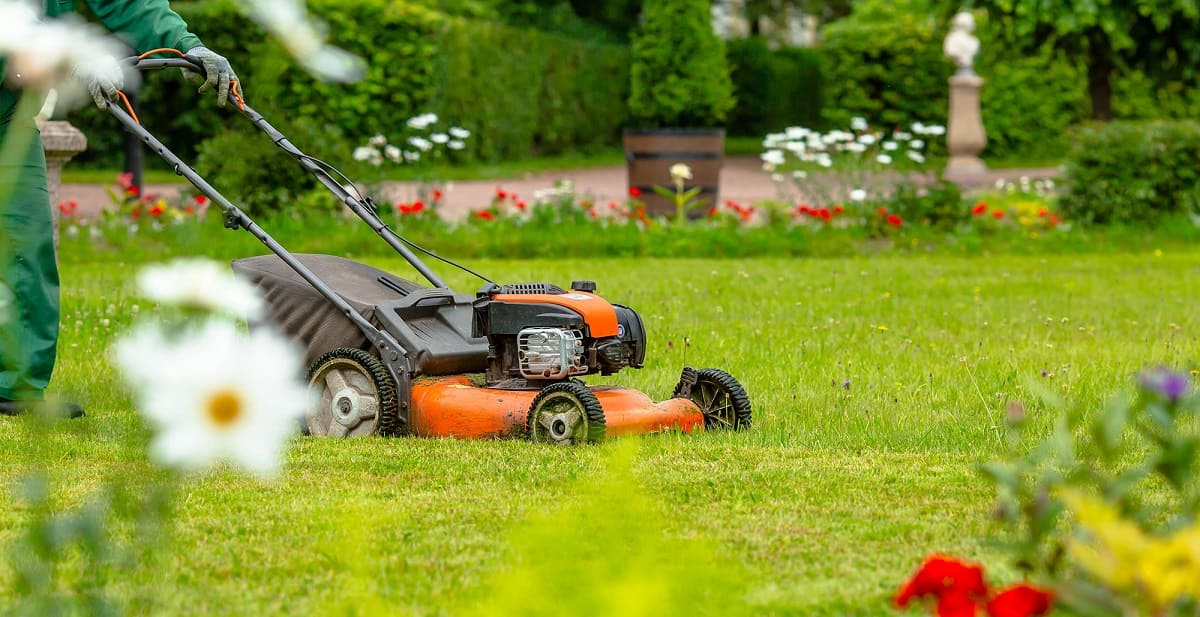
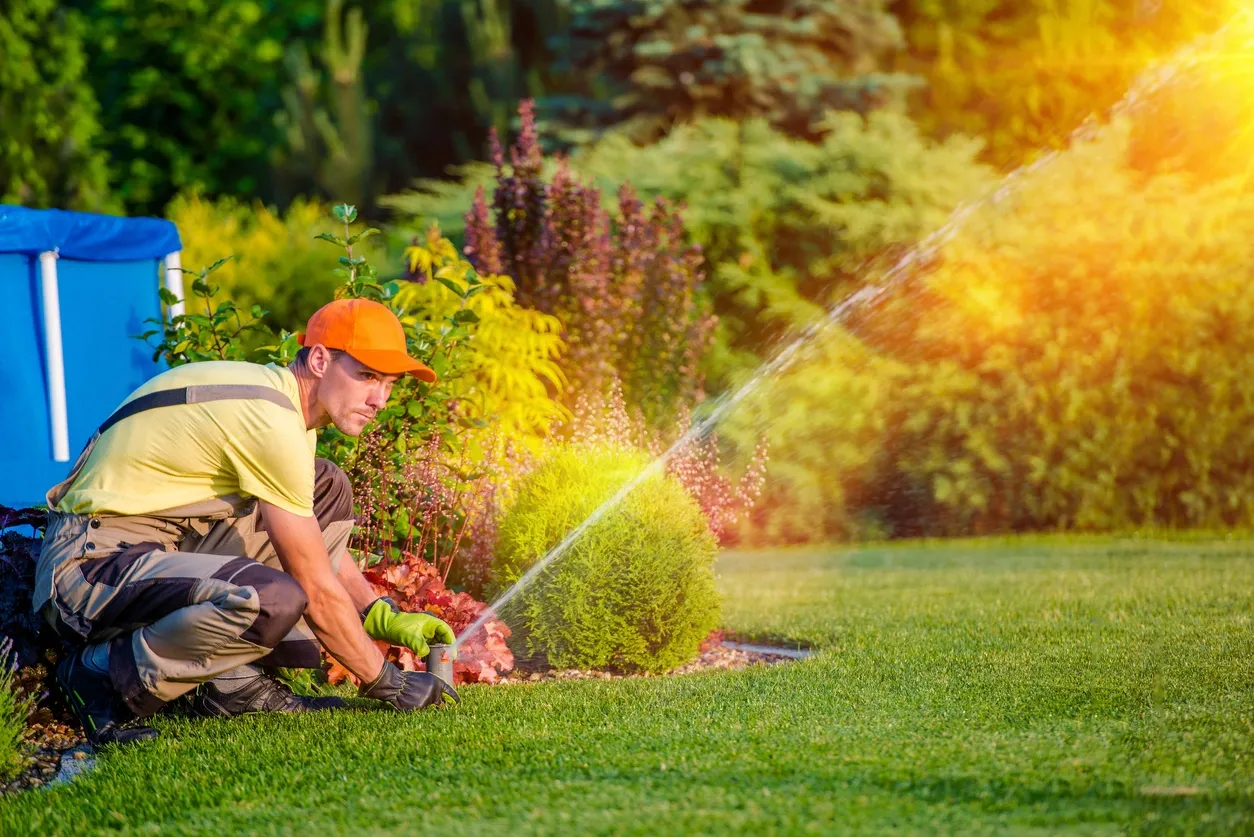


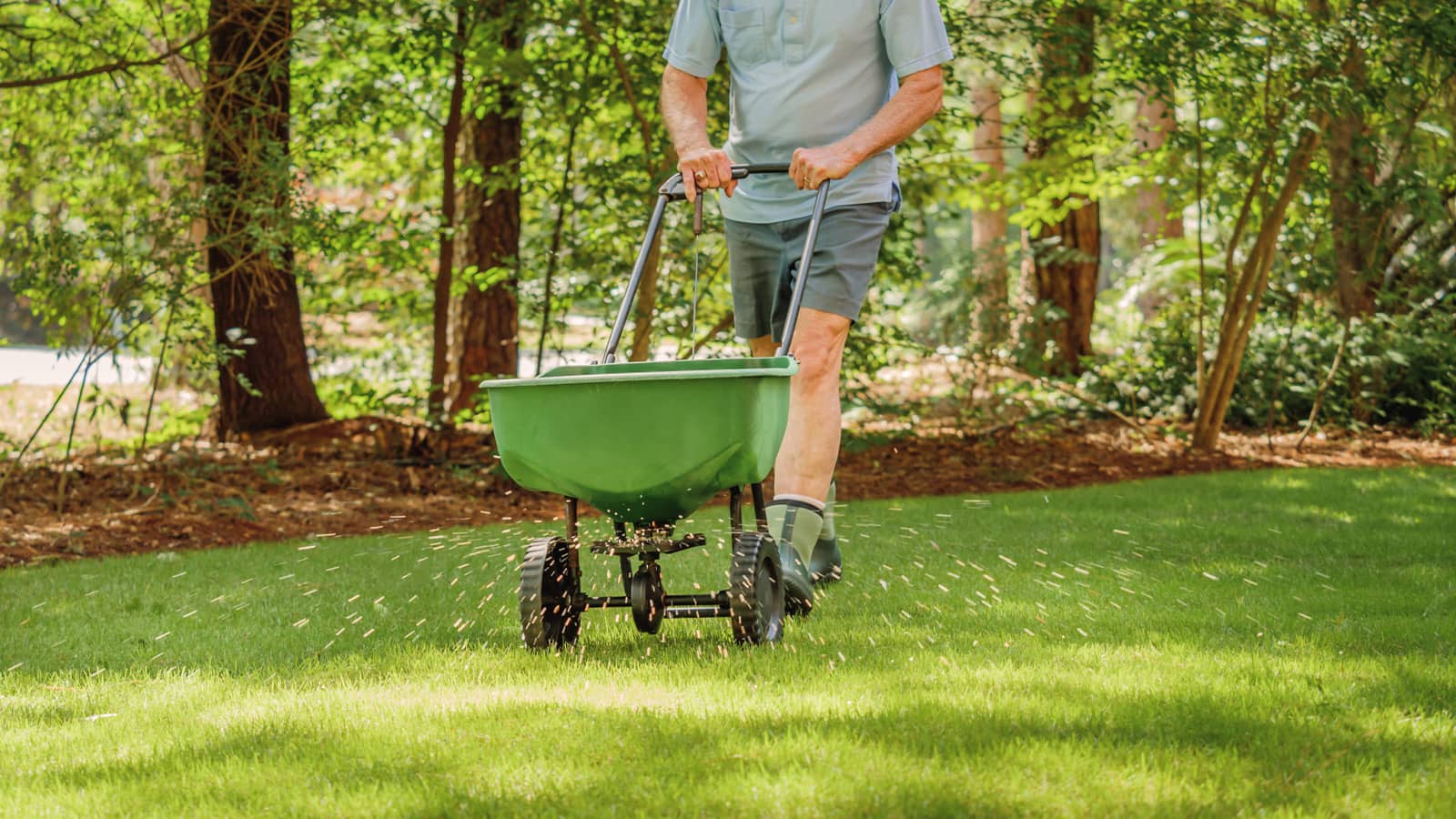
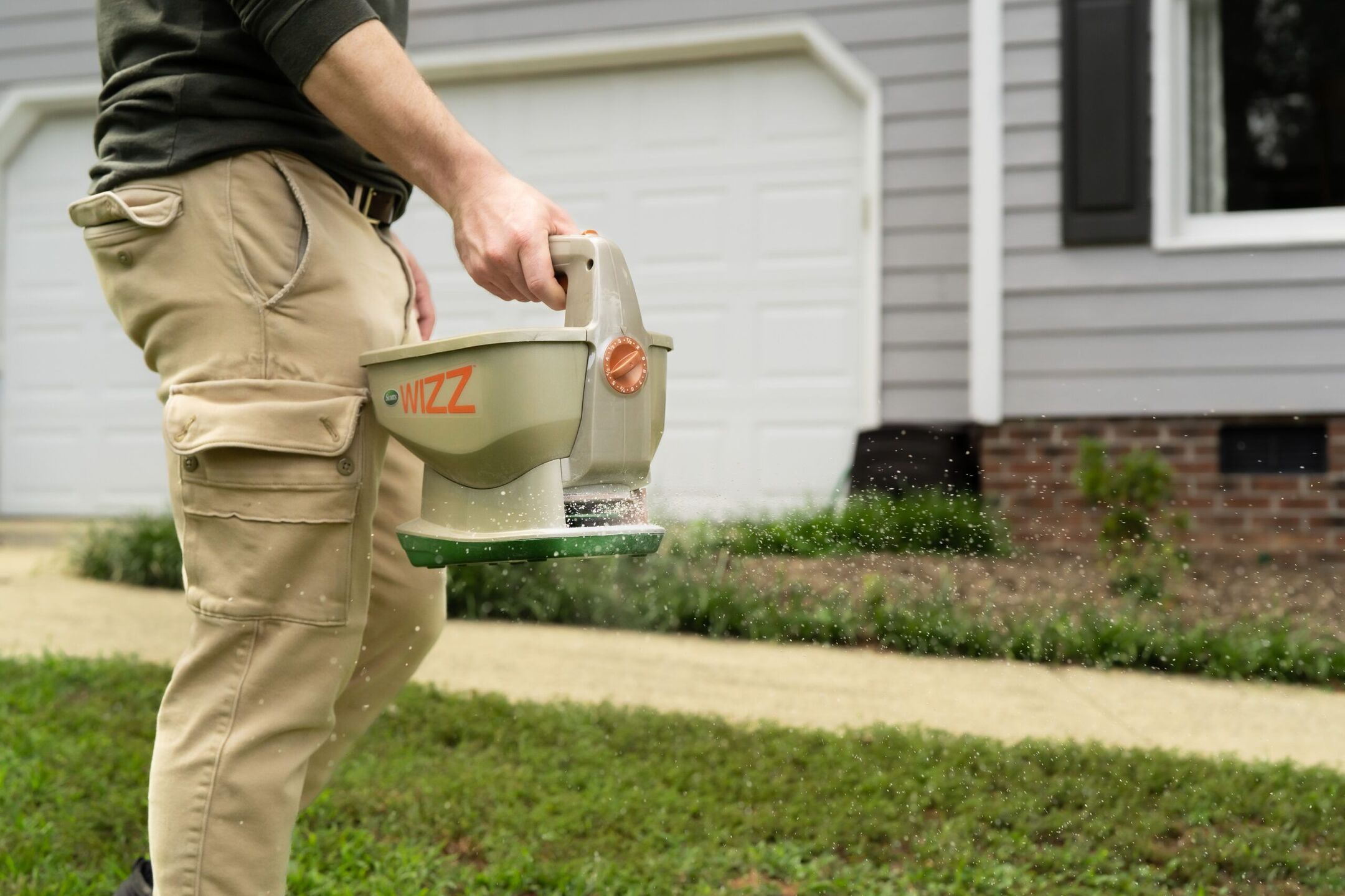
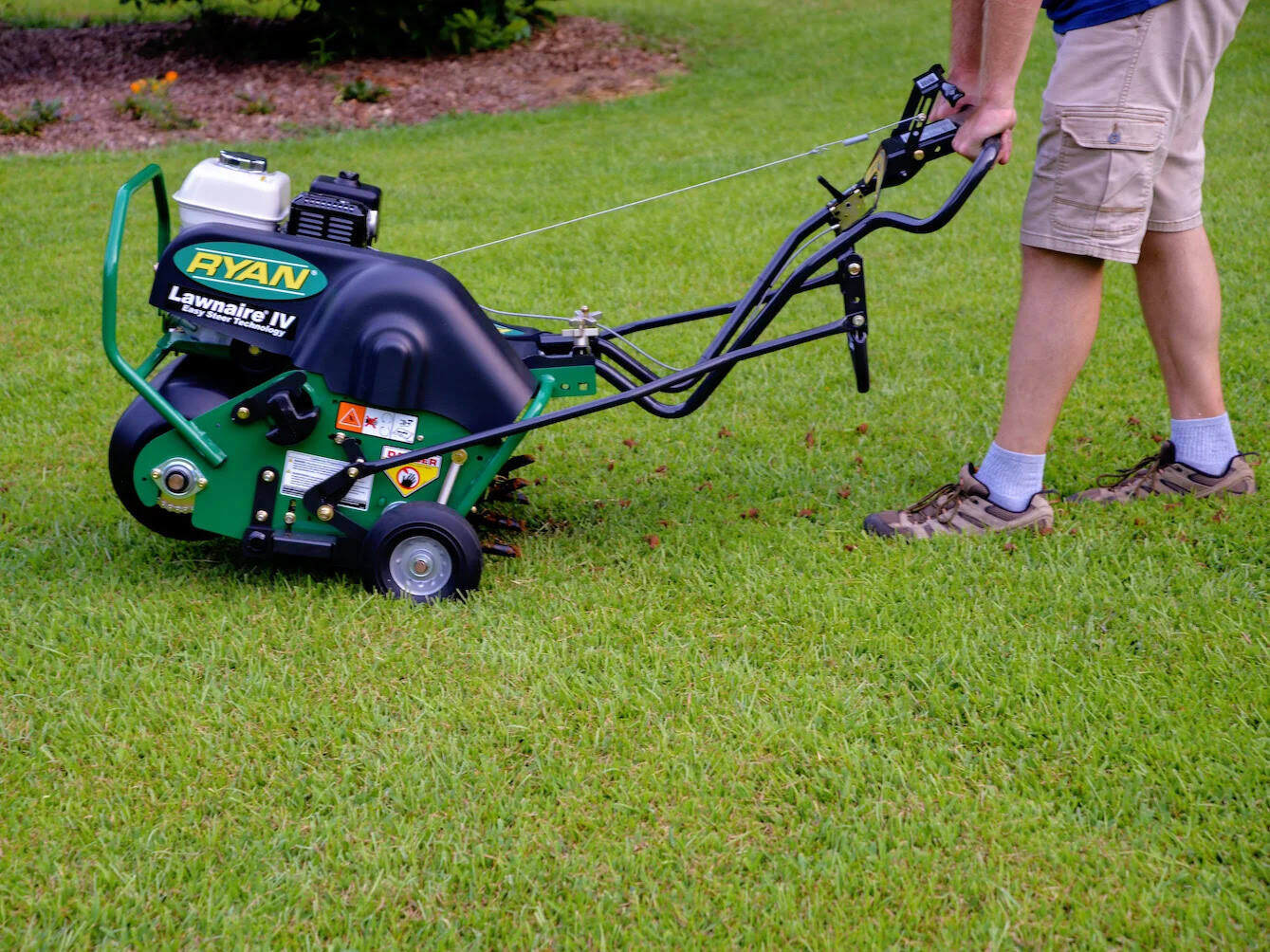
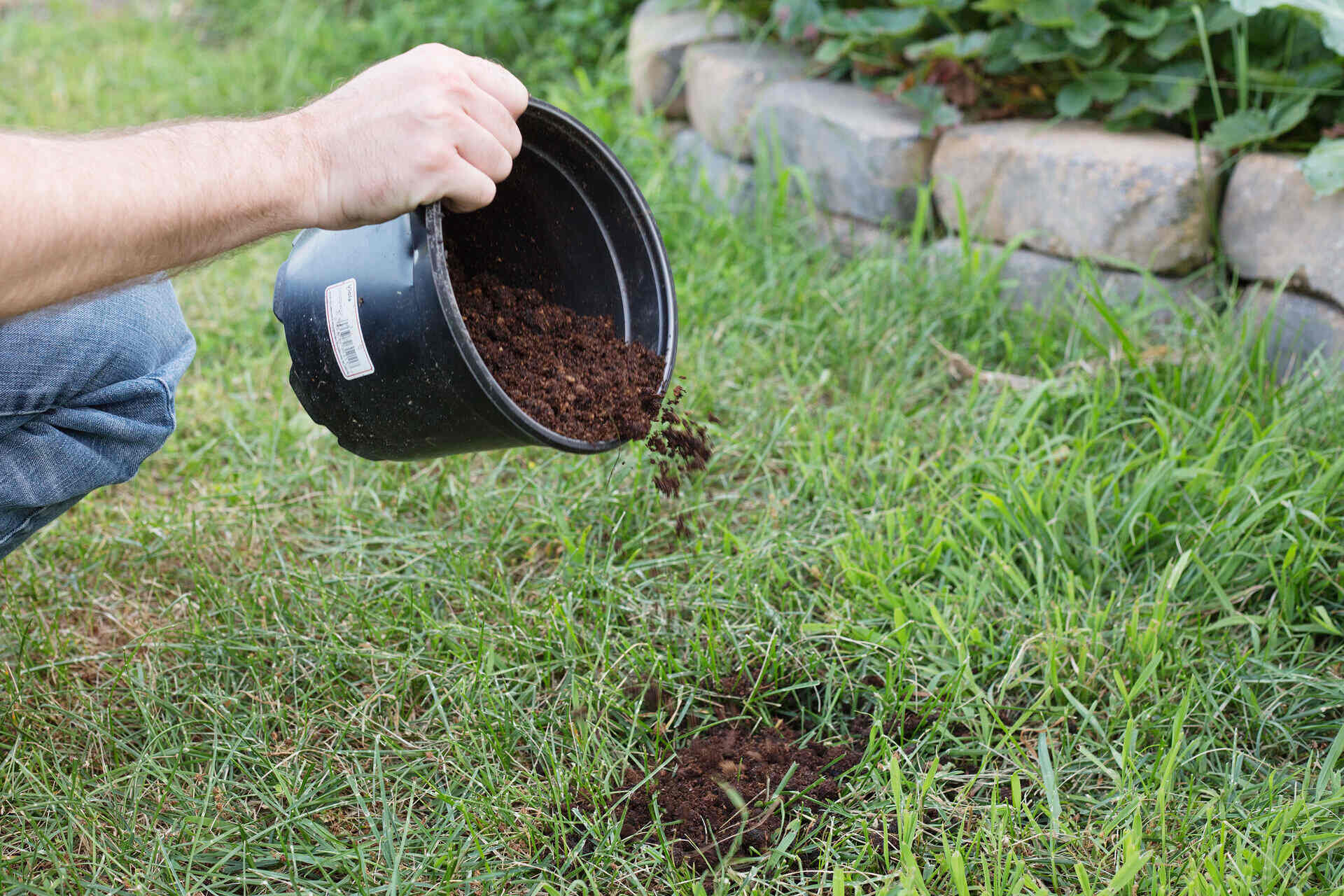
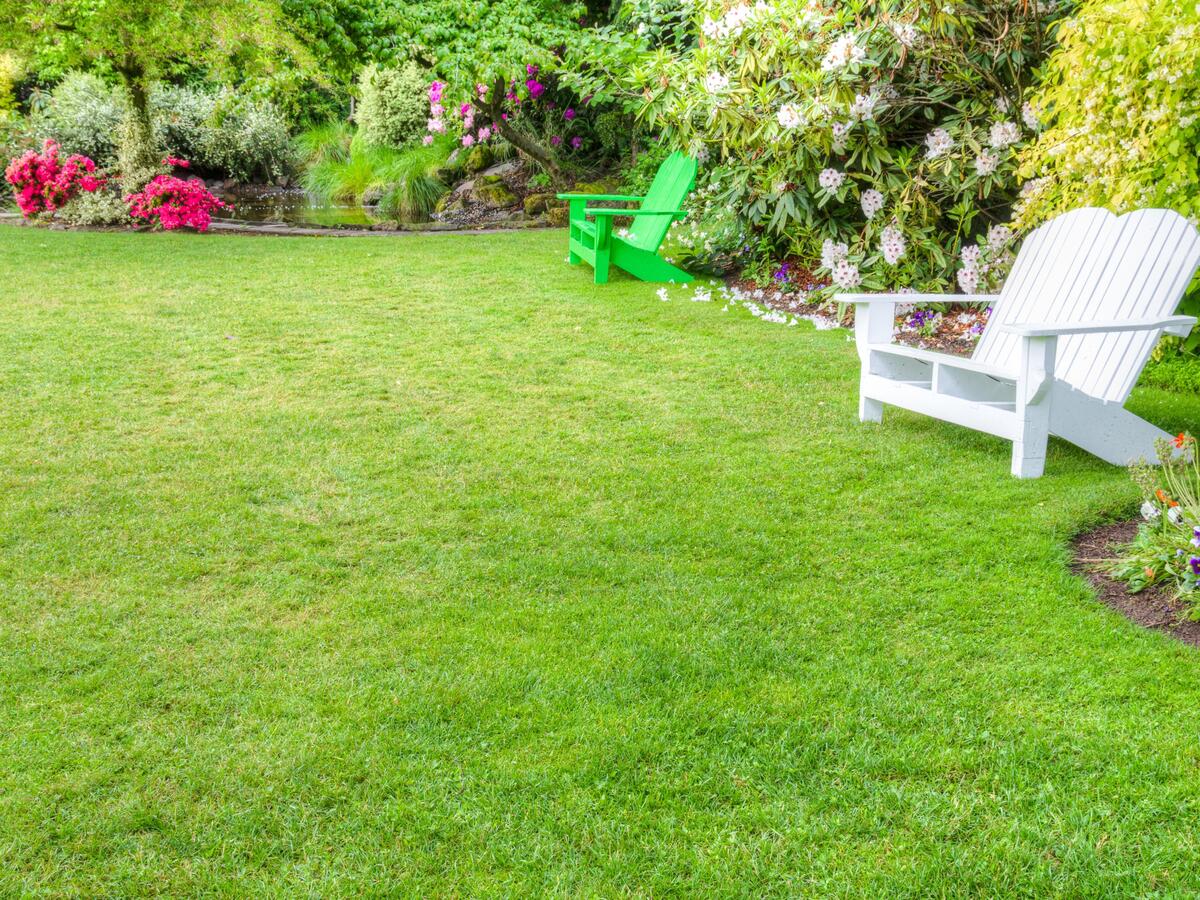
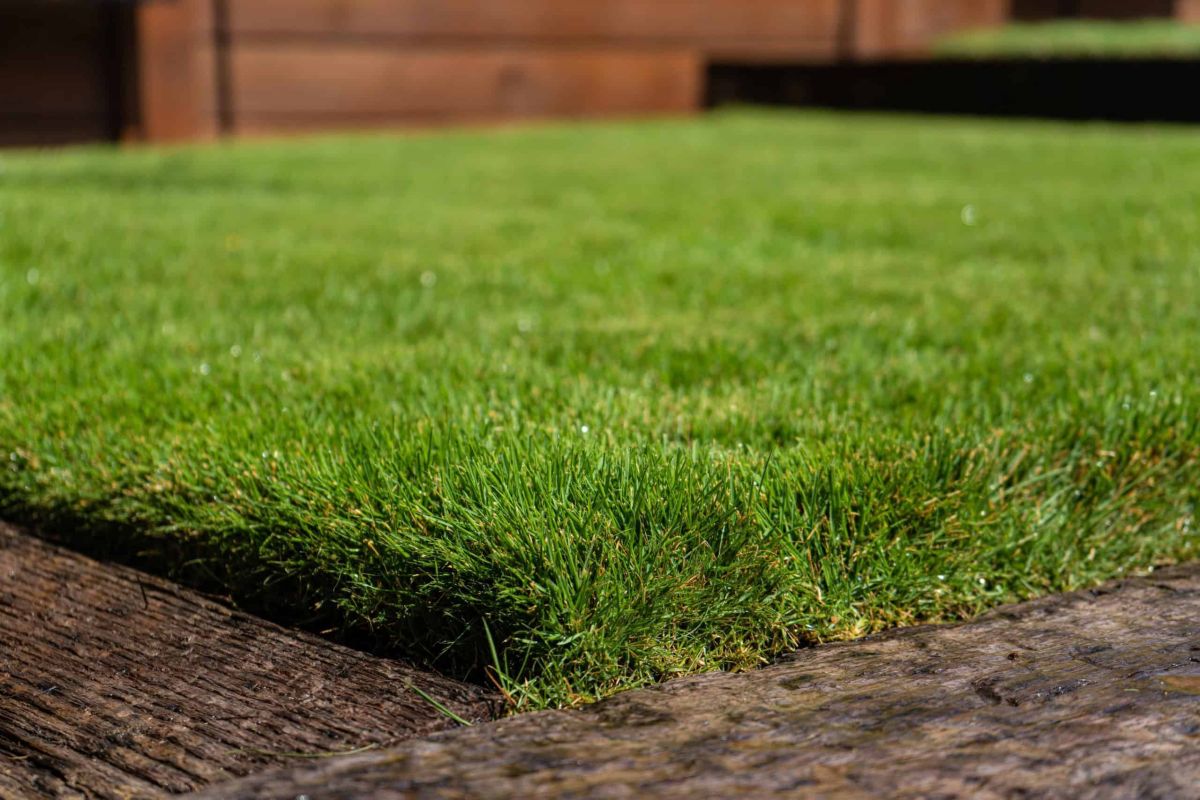

0 thoughts on “What Is The Best Time To Start Lawn Care”